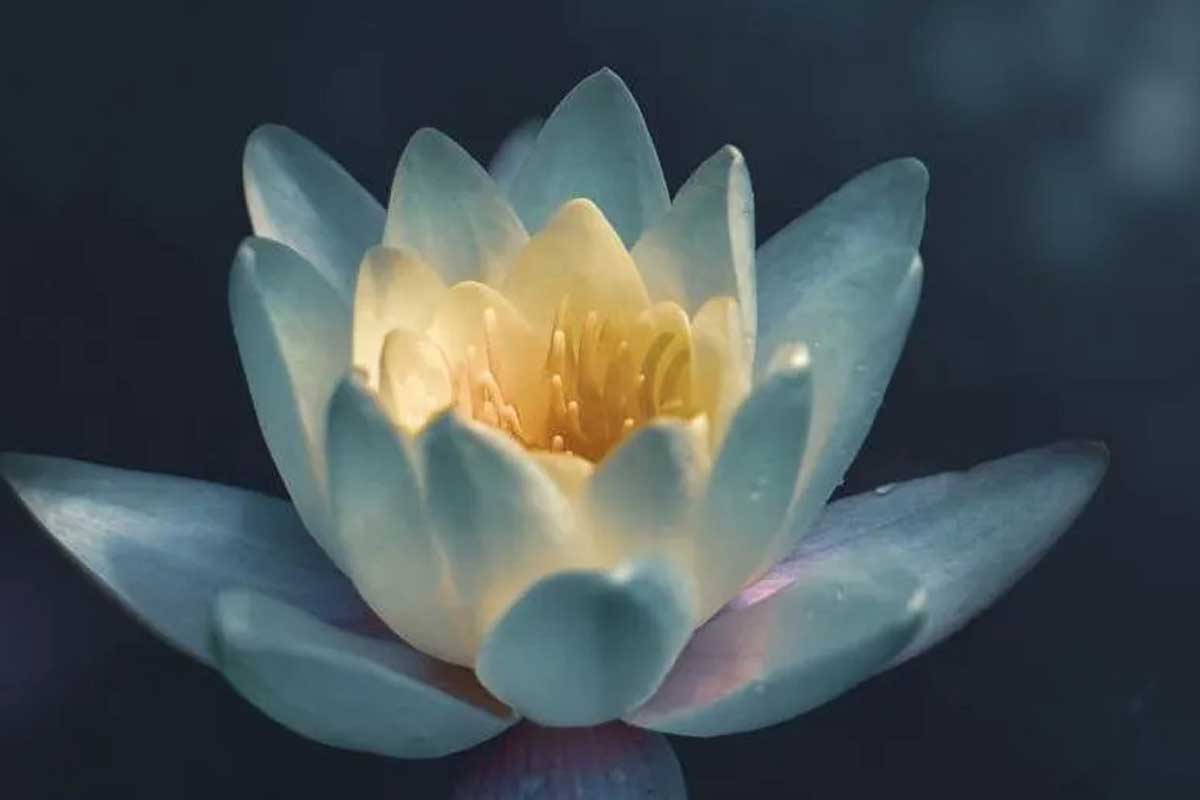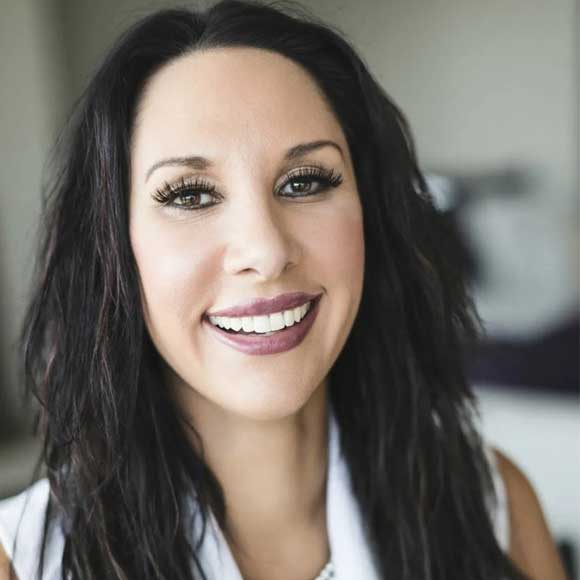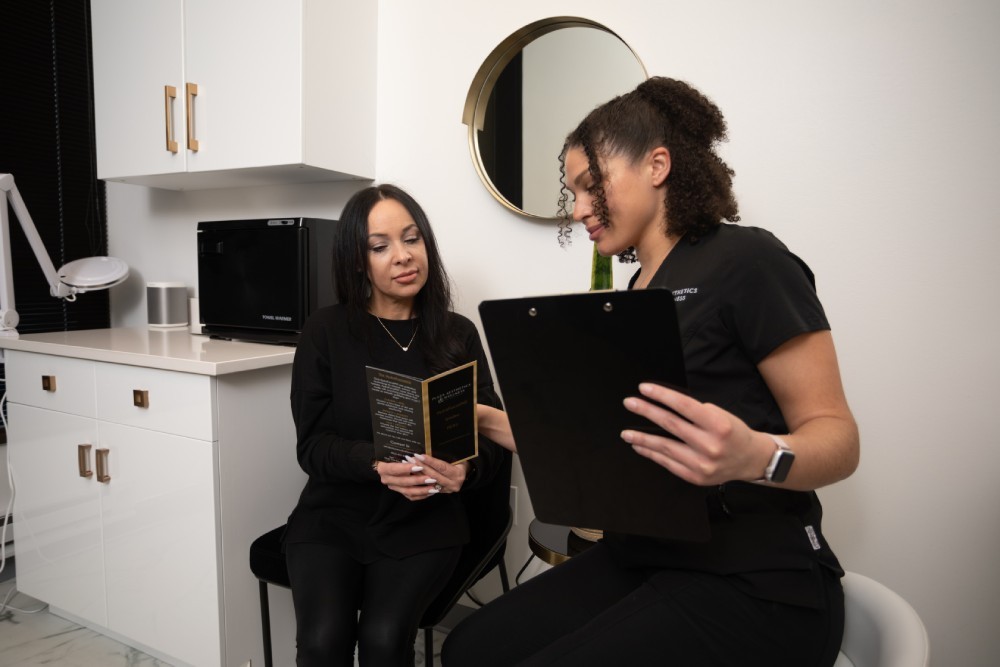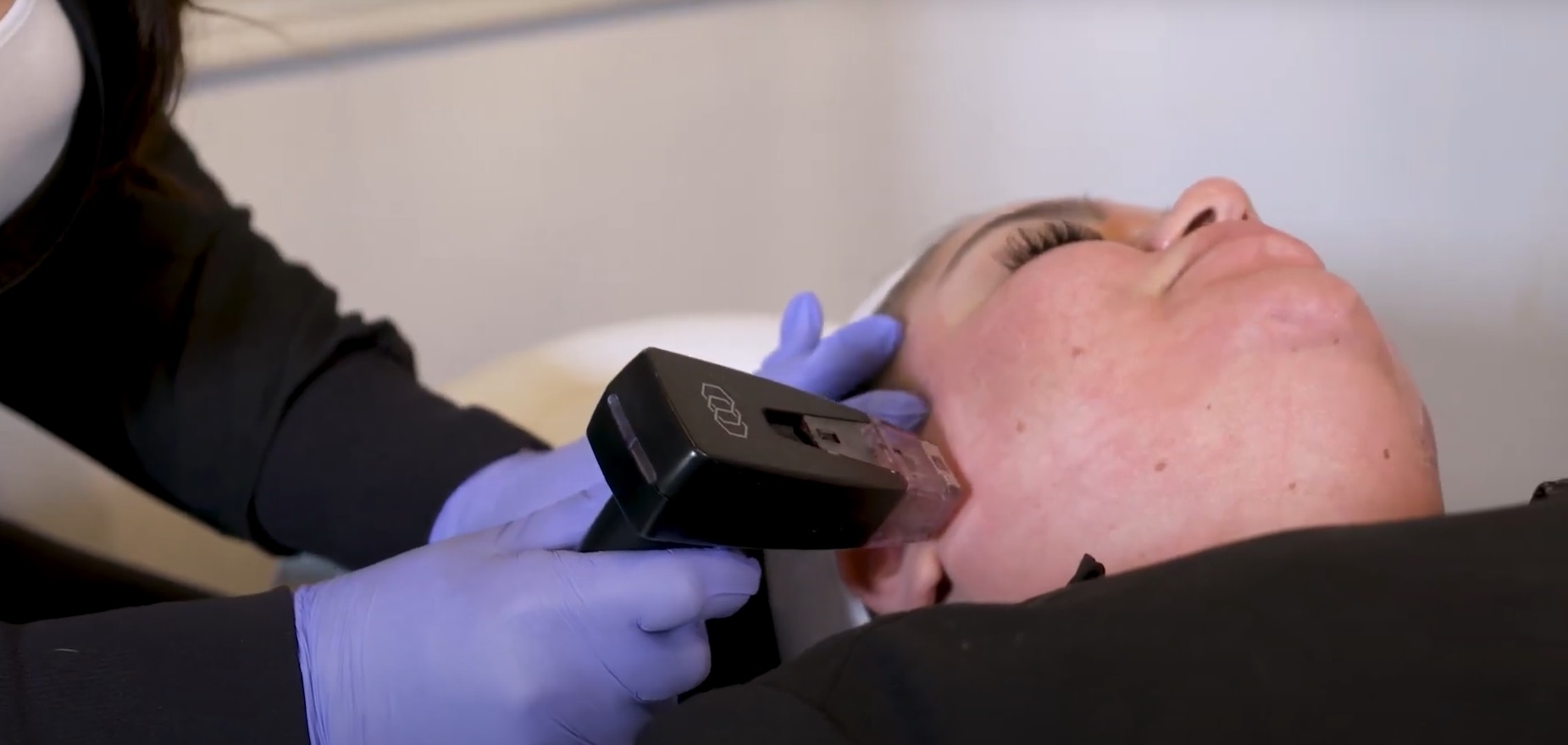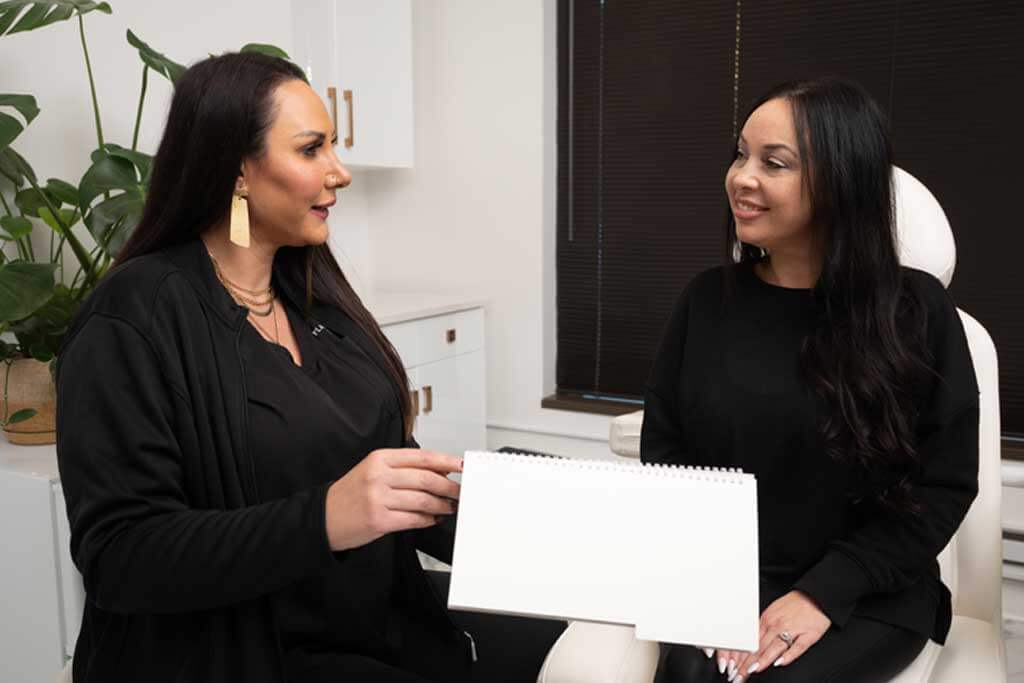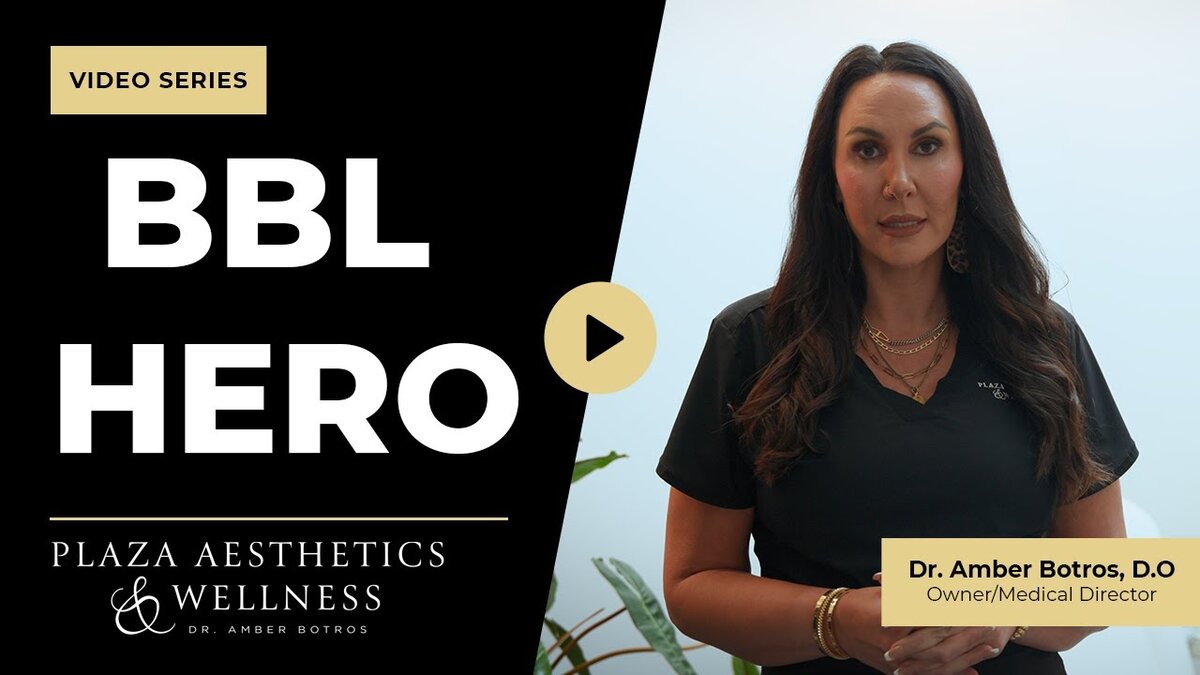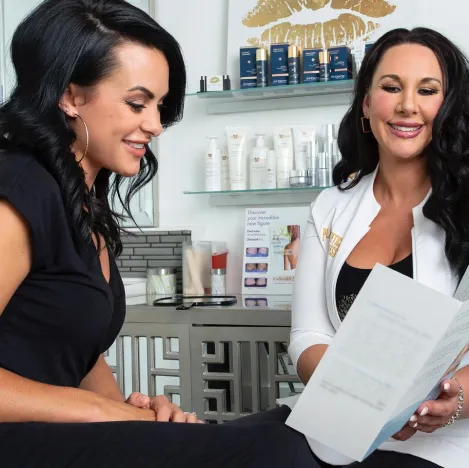Spider veins and varicose veins are like distant relatives that show up out of nowhere and insist on staying. You wonder how they found you, why they didn’t announce their arrival and how to get rid of them quickly, without making a big scene. We want to share the many different, non-surgical ways of getting rid of spider veins and varicose veins and let you decide which is best for your budget and goals.
The Natural Way to Treat Spider Veins and Varicose Veins
Spider veins and varicose veins are caused by a number of factors (more often in women) including heredity, hormones, obesity, previous surgeries or injuries to the skin. The most common cause is lack of adequate blood flow to an area, which happens if you stand or exercise on your feet for prolonged periods of time.
If you have spider or varicose veins, your doctor will recommend you wear compression garments or support hose to encourage blood flow to the area. Varicose veins can become very painful, itchy and swollen. Compression garments also help alleviate these symptoms as well.
Exercise encourages blood flow throughout the body. Regular aerobic activity, including walking, can help eliminate varicose veins. However, activities like running or jumping can cause spider veins so be sure to wear clothing that compresses your legs and breathes well.
Oral supplements have been shown in some studies to be an effective preventative therapy for varicose veins, as they increase blood flow to the entire body. Look for ingredients like: Aesculus hippocastanum, Ruscus aculeatus, Centella asiatica, Hamamelis virginiana, and bioflavonoids.
Sclerotherapy for Treating Spider Veins and Varicose Veins
Sclerotherapy vein injections involve an injection of a saline solution or sclerosing agent directly into the spider or varicose vein, causing it to collapse. Surrounding healthy veins pick up the blood flow once the vein is destroyed. The procedure takes 15-60 minutes and can be done on an outpatient basis. A board certified physician should always administer sclerotherapy, as, like any procedure, it’s not without risk.
For a few days after undergoing Sclerotherapy, patients wear compression garments and avoid: direct sun, hot baths and aerobic exercise. Most people see a little redness or swelling and experience mild itchiness for 48 hours after the procedure. The injected spider veins disappear within a month and for varicose veins, within 3-4 months.
Some insurance carriers cover sclerotherapy to treat varicose veins if certain conditions, like pain or severe swelling are present, so please ask about this at your complimentary consultation .
Dr Botros will refer you to a larger vein center if she thinks your insurance may cover the procedure. However, a vein center will normally treat the largest varicose vein, expecting that the smaller surrounding veins will resolve as a result. Often, when smaller veins arise, a vein center won’t treat them, as those are considered cosmetic procedures. That’s where a physician owned and operated medical spa, like PAW, can continue your sclerotherapy treatments until all of your varicose veins or spider veins have been addressed.
Cost of Sclerotherapy
The cost of sclerotherapy is $400 for one half hour procedure, but for small patches this may be less. Patients often need three or more treatments, scheduled one to two weeks apart, as veins can arise periodically. The amount here is approximate, but you can find out more with your complimentary consultation.
Spider veins and varicose veins are unsightly, frustrating and in the case of the latter, painful or uncomfortable. The good news: you have very effective nonsurgical options for getting rid of these veins. If you’re seeing some spider veins or varicose veins on the surface of your skin, come see Dr Botros for a complimentary consultation. With a little guidance from a medical doctor today, you might be able to prevent the problem from becoming worse later.

